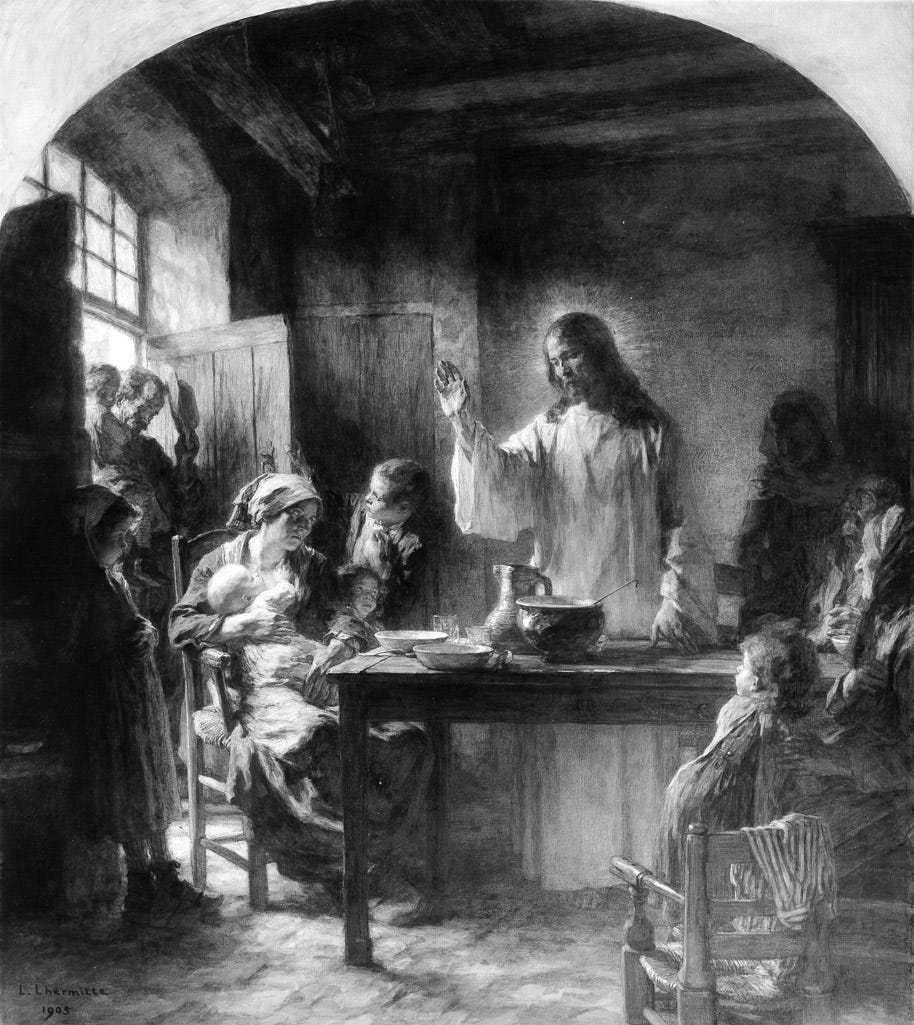Humanity & Humility
Limitations and the fostering of kindness

Some of you may know that I started a Doctor of Ministry Program at Duke Divinity School in August. I’ve enjoyed the program a great deal, but the reading and writing required for it, along with my regular work and family life, have kept me quite busy.
One of my courses is The Old Testament and Christian Leadership, co-taught by Doctors Ellen Davis and Sarah Musser. As with all of our classes, we write reading journals, and this is adapted from one of mine. I plan to share a number of these as time goes on, because much of my energy and time for writing will be going into these—so I might as well share them.
Some recent readings included the book of Leviticus, which is often eschewed by Christians. The reasons for this are complicated, but I think that Dr. Davis’ point about Christian ambivalence for Leviticus being entangled with Christian anti-Judaism is accurate and worth unpacking. It is also the case that Leviticus is an intriguing book, and that our failure to consider it impoverishes our faith and knowledge.
Two interrelated themes stood out to me as we reflected on Leviticus with the select commentators: limits and humility. Appropriate limits can foster right action, ethical behavior, and kindness; all facets of the holiness which Leviticus is concerned with. Each of these ultimately depend on humility (as does the fullness of our humanity).
The theme of limits is part of the character of Leviticus as practical and concerned with what I would describe as hereness. That is, Leviticus has as a central concern that we would be appropriately present to God, one another, ourselves, and creation: “[Leviticus] stands at the heart of Torah as a hedge against a faith abstracted from physical, material, social, and economic practices.”1 Any faith that is not abstract, but rooted in the reality of life and of being human, must necessarily deal in some way with limits. While we often focus on the peculiar gifts of humanity as the qualities that make us who we are, the things we cannot do, or do on our own, are at least as significant.
One example from the selected readings was the understanding that scripture seemingly presents the ideal of vegetarianism as a standard or measure for human interaction with other creatures. This is a significant limit, one that was amended, scripture tells us, after the flood. But even in concession, restricting the consumption of meat to herbivores keeps humanity closer to the central role of the earth and its produce, one step less entangled in the logic of predation than if we consume animals that prey on others.2
The sacrificial system highlighted human limitation by emphasizing life's dependence upon God and set a practical limit on meat consumption because of the necessity of bringing all animals to be slaughtered to the temple (Davis).
Overall, the practices of Leviticus reveal that "the central concern is maintaining the life-giving relationship between YHWH and Israel, and repairing it when that relationship inevitably falters and threatens to collapse."3 In this context, sacrifice is seen as the appropriate role of a priestly kingdom, in maintaining right relationship between themselves, the land, and God. More broadly, and applicable to the Church, is the sense in which preserving right relationship on behalf of all creation with God is a responsibility of the people of God that continues as we offer our sacrifices of praise and thanksgiving, "giving voice to every creature under heaven,"4 fulfilling the role of Homo laudans, the praising human.5
Humility emerged as a theme for me primarily in the observation that Christian perspectives of Leviticus have often shaped Christian anti-Judaism, and the insight Dr. Davis wrote of receiving from discussing Leviticus with a group of Sudanese people. Embracing humility is necessary to recognize that we need, in fundamental ways, to learn and re-learn how to read scripture, whether through insights from our Jewish neighbors, or fellow Christians in other parts of the world. It is also imperative that we learn to embrace humility, because our recognition of limits may be precisely the thing that keeps us acting humanely to one another.
Davis, Ellen Opening Israel’s Scriptures, 63
Held, quoting Levine 29
Davis, 64
Eucharistic Prayer D, 1979 Book of Common Prayer, what may be the most ecumenical of the Eucharistic Prayers, versions of which are shared by Episcopalians, Roman Catholics, United Methodists, Lutherans, and Eastern Orthodox.
Brown, William P. The Seven Pillars of Creation, 141


